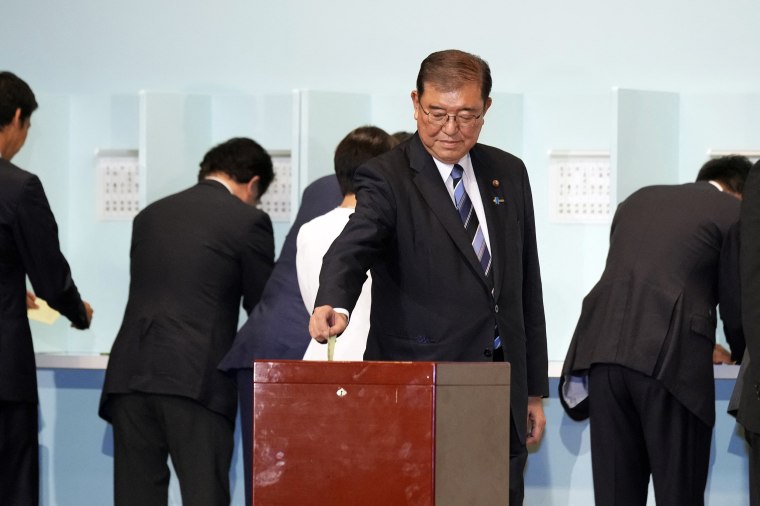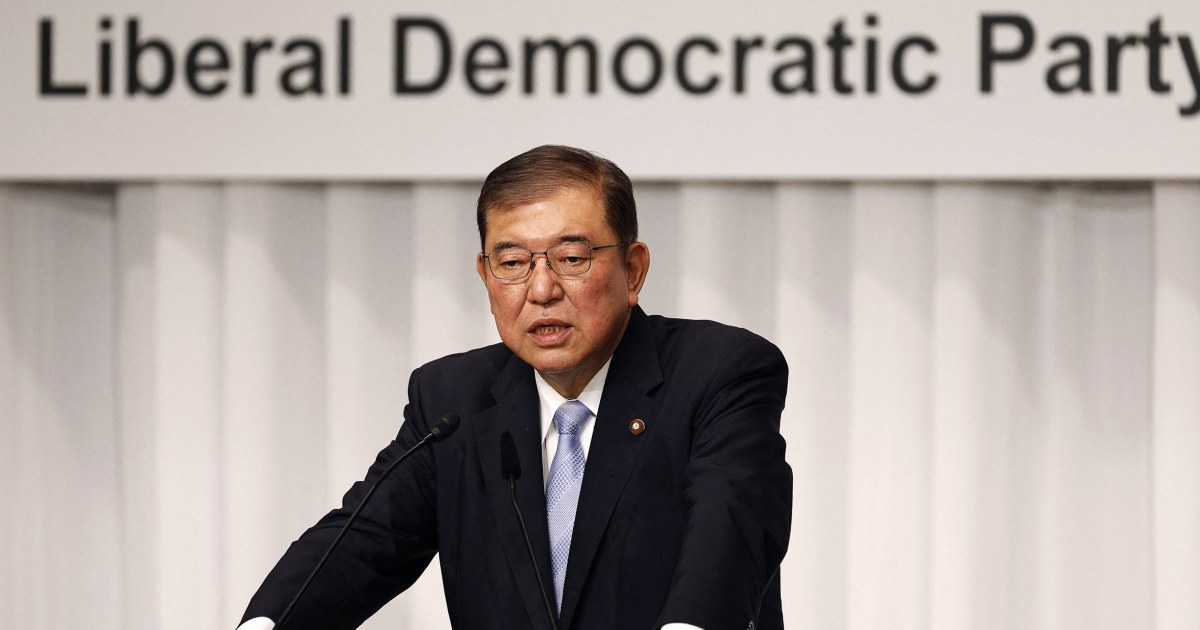TOKYO — Shigeru Ishiba is set to become Japan’s next prime minister after the governing Liberal Democratic Party elected him as its new leader on Friday.
Ishiba, a former defense minister, will be named prime minister of the U.S. ally on Tuesday when Prime Minister Fumio Kishida and his cabinet ministers resign and Ishiba is elected his successor by members of the LDP-controlled parliament.
Ishiba, 67, will face public anger over rising prices, as well as difficult demographic and labor issues in a country with a shrinking and fast-aging population of about 125 million and the world’s fourth-largest economy.
He is also contending with a complicated security environment in the Asia-Pacific region, where the U.S. has been strengthening ties with Japan and other allies in an effort to counter China’s growing influence. Japan has another volatile neighbor in North Korea, which has been accelerating missile launches and may be on the verge of its seventh nuclear test.
The LDP, which has ruled Japan almost uninterrupted since the end of World War II, is seeking to regain public trust with a fresh face ahead of a general election that must be held by October of next year.

The leadership transition was set in motion last month when Kishida said he would step down after a series of corruption scandals that sent his party’s approval ratings to record lows.
A record nine lawmakers, including two women, ran for party leader after most of the LDP’s powerful factions dissolved over the corruption scandals, making it easier to enter the field.
After no candidate received a majority in the first round of voting, Ishiba won in a runoff against economic security minister Sanae Takaichi, 63, who would have been Japan’s first female prime minister.
This was Ishiba’s fifth time running for party leader. He defeated Takaichi in a vote of 215 to 194.
Arata Yamamoto reported from Tokyo, and Jennifer Jett reported from Phuket, Thailand.

Leave a Reply